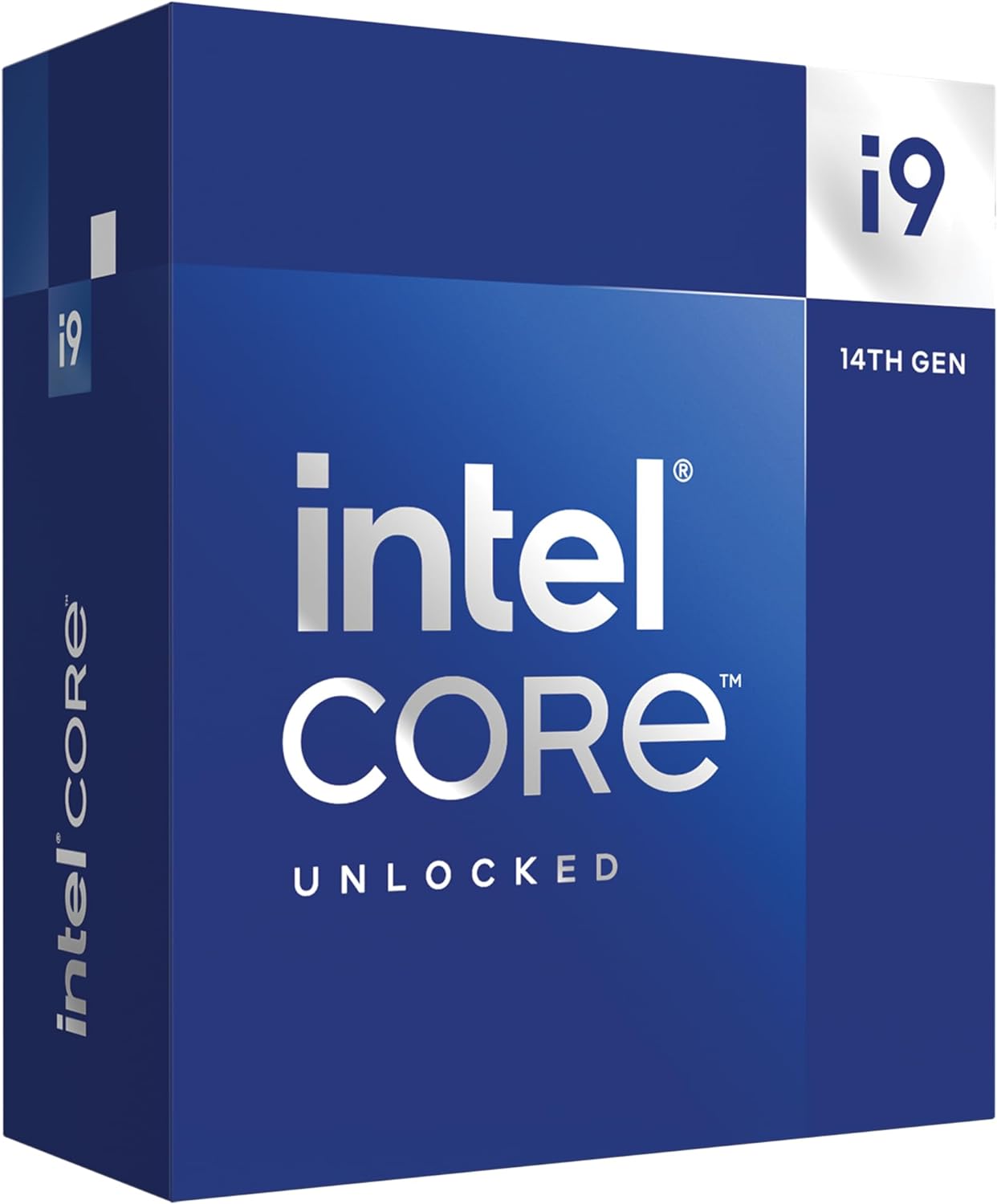In a recent announcement, Microsoft dealt another blow to Windows users by discontinuing support for Android apps and games. With the official Windows Subsystem for Android (WSA) app slated for termination on March 5, 2025, users will be left seeking alternative solutions to run Android applications seamlessly on both Windows 10 and Windows 11. This blog explores the repercussions of Microsoft’s decision, the potential alternatives available to users, and the broader impact on the flexibility and customizability that has long been a hallmark of Windows operating systems.
The Demise of Windows Subsystem for Android (WSA):
Microsoft’s decision to sunset support for WSA, the official app enabling Windows 11 to run Android applications natively, comes as a significant blow to users accustomed to the convenience of Android apps on their Windows devices. Starting March 5, 2025, users will no longer have direct access to the Amazon Appstore on Windows, amplifying the need for alternative solutions.
The Aftermath for Android App Enthusiasts:
Post-March 5, 2025, accessing Android apps relying on WSA becomes impossible, raising concerns about the usability of existing apps and the installation of new ones from the Amazon store. The impending reality prompts users to explore unofficial third-party apps as potential workarounds to continue running Android apps on their Windows PCs.
Official Solutions and the Google Play Games Option:
For users particularly interested in Android games, Google offers an official solution through Google Play Games, allowing hundreds of Android games to be played on Windows 10 and Windows 11. Despite being in beta, Google Play Games presents itself as a viable alternative that users can download directly from the official website.
Microsoft’s Move and User Implications:
Microsoft’s decision to retire WSA raises disappointment among users, limiting their options and forcing them to seek alternative methods for running Android apps on Windows. Speculations arise that this move might be aimed at driving users towards the Microsoft Store, potentially sacrificing user choice for Microsoft’s interests. This decision challenges the inherent flexibility and customizability that sets Windows apart from competitors like ChromeOS and macOS.
Looking Ahead:
Microsoft Store Improvements: As users grapple with the impending loss of a stable platform for Android apps, concerns about the limited offerings in the Microsoft Store come to the forefront. The blog concludes with a hope that Microsoft has substantial plans to enhance the Microsoft Store, addressing the void left by WSA and ensuring a more robust and user-friendly app ecosystem in the future.
Conclusion:
Microsoft’s decision to phase out support for Android apps in Windows marks the end of an era and raises questions about the future of app compatibility on the platform. As users navigate the upcoming changes, the search for alternative solutions becomes imperative, emphasizing the need for a seamless and diverse app experience on Windows.




